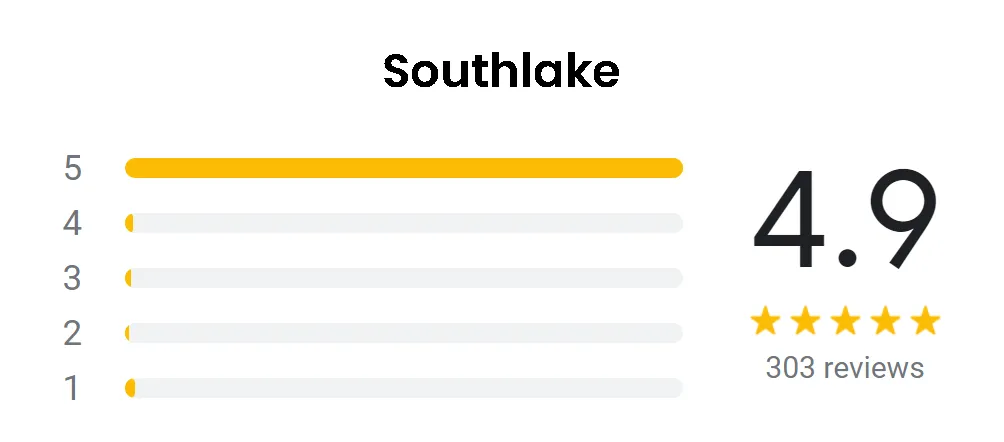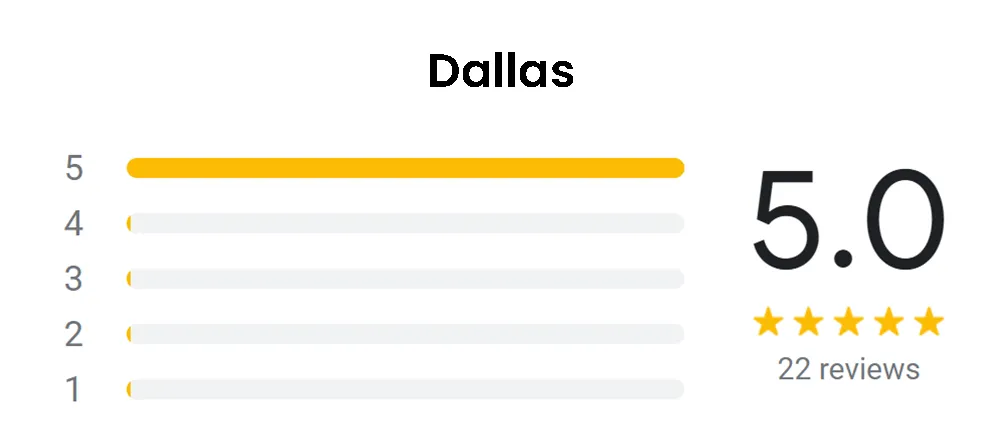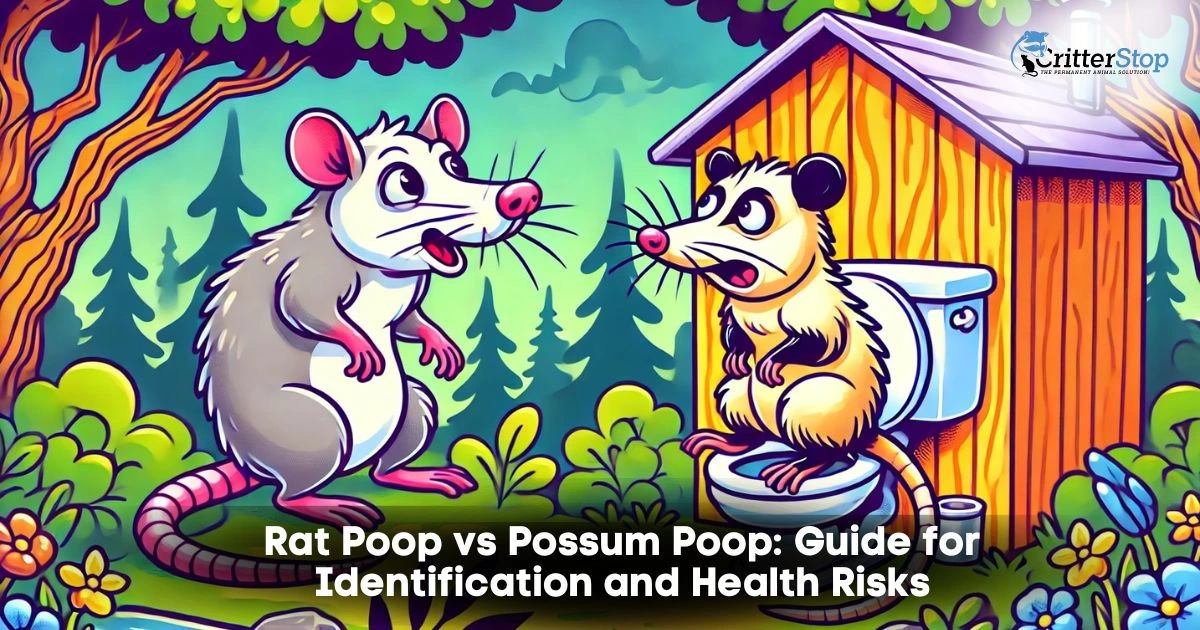
When dealing with wildlife intrusions, recognizing the type of animal leaving behind droppings can be essential for determining the appropriate course of action. Rats and possums are two of the most common culprits that invade homes and properties.
Although both leave telltale signs of their presence, the poop of these animals can differ significantly in appearance, size, and potential health risks. Understanding these differences will help you better manage the situation and ensure that the correct steps are taken for effective pest control.
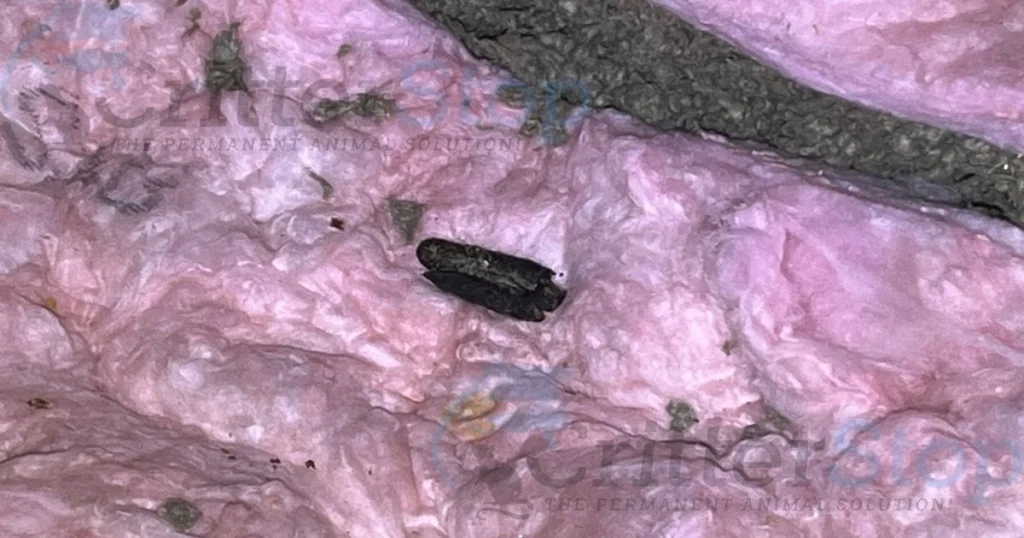
Identifying rat droppings is usually straightforward due to their characteristic shape and size. Rats frequently leave droppings in areas they infest, and their waste can accumulate rapidly.
Rat droppings are commonly found in places where food is stored, such as pantries and kitchens, as well as in attics, basements, and garages. Since rats are known carriers of multiple diseases, such as Leptospirosis, Salmonella, and Hantavirus, handling their droppings with care is critical.
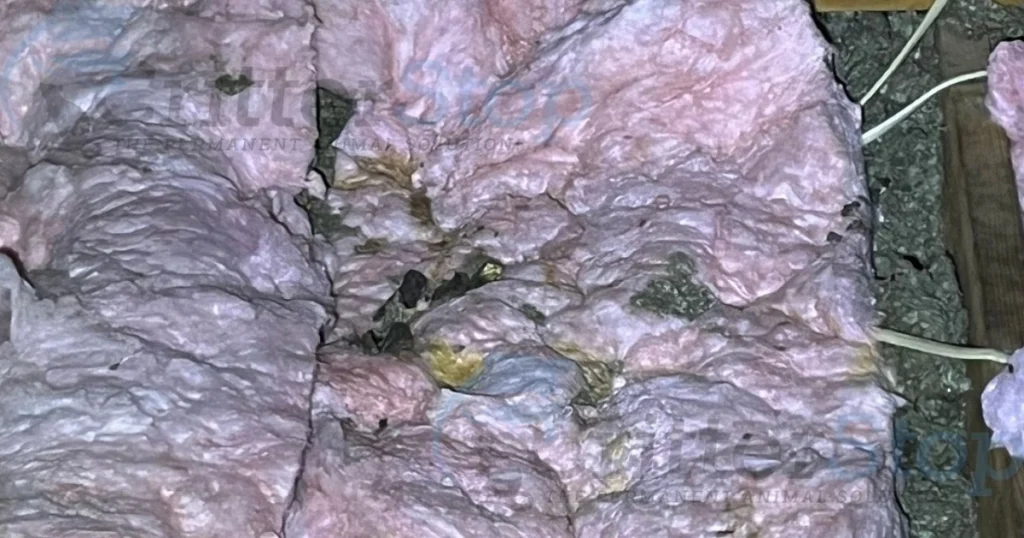
Possum droppings are significantly larger than rat feces and are easier to distinguish. Possums are much larger animals, which is reflected in their waste size.
Possum droppings are usually found outdoors near trees, under decks, or in yards. However, possums can also enter garages, attics, and crawl spaces, leaving their waste indoors.
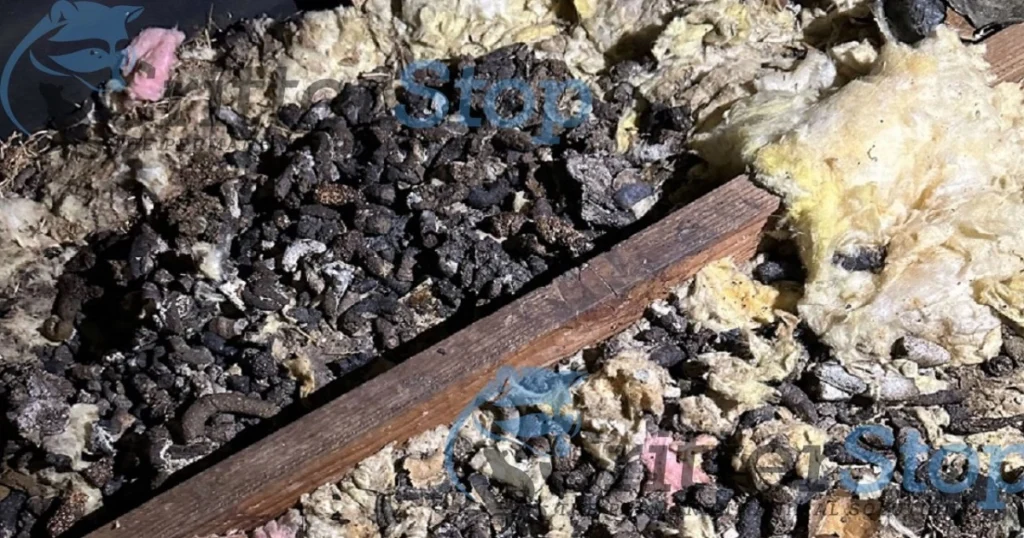
Rat droppings pose serious health hazards, as multiple pathogens and diseases can be transmitted through contact with their waste.
Given the serious health risks associated with rat droppings, it is vital to avoid direct contact and thoroughly clean any contaminated areas with disinfectants.
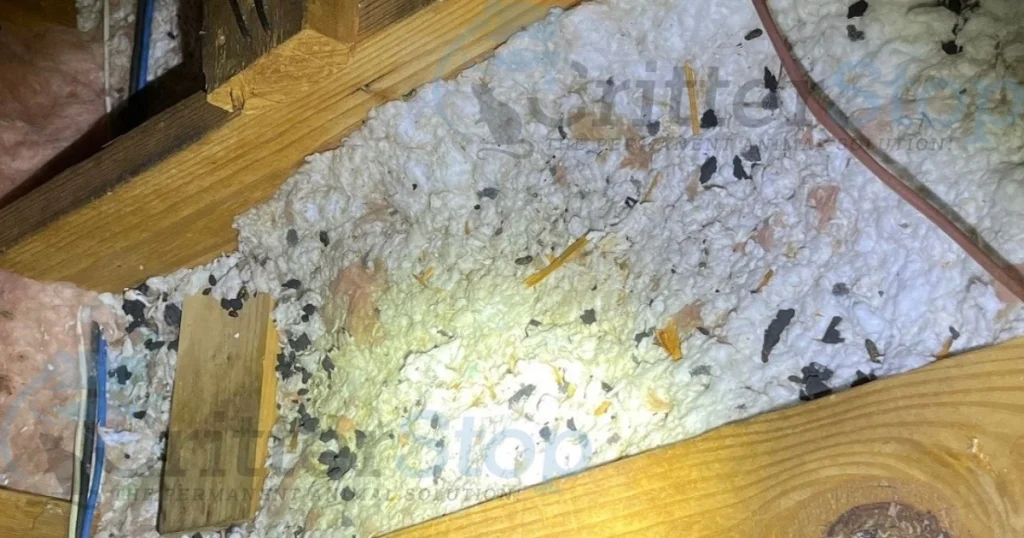
Although possums pose fewer health risks than rats, their droppings can still be potentially dangerous to humans and pets.
Although the health risks from possum poop are somewhat lower than those from rats, handling it with care is essential to avoid exposure to any harmful pathogens.
Safe cleanup procedures are essential to minimize health risks, whether dealing with rat or possum droppings. Follow these steps for proper handling and disposal:
Once you have identified the type of droppings on your property, preventing further infestations is crucial to maintaining a pest-free environment.
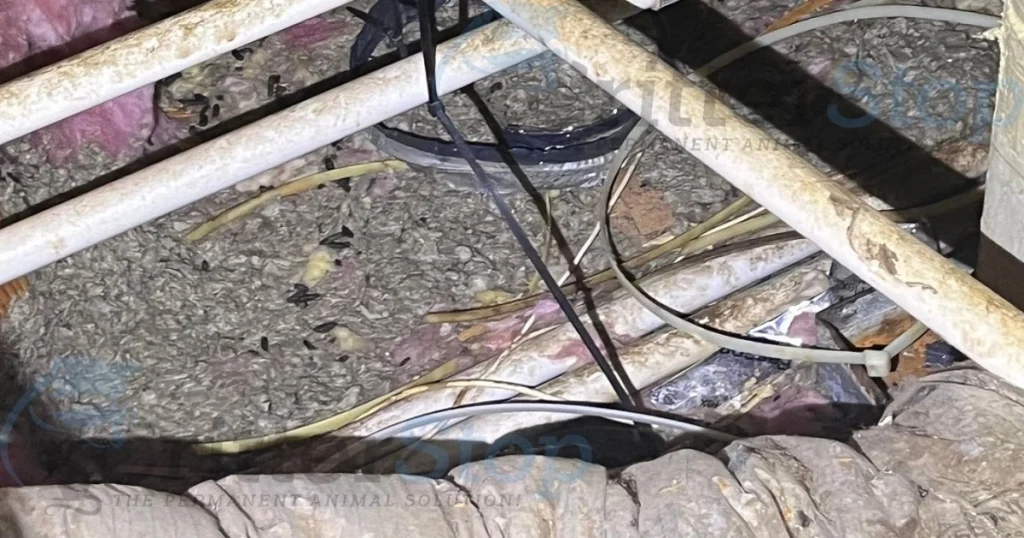
Identifying whether you’re dealing with rat or possum droppings is the first step, but professional intervention is often necessary for a complete solution. If you continue to find droppings, it may be time to call in experts who can assess the infestation and eliminate it effectively.
When wildlife invades your property, humane and effective removal is essential. Critter Stop is a trusted wildlife removal company specializing in safe and humane methods to eliminate pests like rats, possums, and more.
With a fantastic reputation and high customer reviews for quality work and exceptional service, they can provide you with a free inspection and thorough pest removal plan. Call Critter Stop today at (214) 234-2616 for expert help handling your wildlife problem and ensuring your home stays critter-free.
In this FAQ section, we address common questions regarding rat poop vs possum poop, including how to identify each type, the health risks they pose, and effective cleanup methods. These answers will help you understand the differences and take the necessary steps to protect your home from potential infestations.
When comparing rat poop vs possum poop, the size and shape are noticeable differences. Rat droppings are small, cylindrical, and usually around ¼ to ½ inch long, with rounded ends. On the other hand, possum droppings are larger, up to 2 inches long, and may have tapered ends. These visual clues help determine which animal may be on your property.
When considering rat poop vs possum poop, rat droppings generally pose more significant health risks. Rat feces can carry diseases such as Hantavirus, Leptospirosis, and Salmonella, making them more dangerous to human health. Possum droppings also carry risks, like parasites and Leptospirosis, but overall, rats are known to spread more harmful pathogens. Always handle either type of feces with caution to prevent contamination.
The location of rat poop vs possum poop differs based on the animals’ habitats. Rat droppings are commonly found indoors in attics, basements, kitchens, or near food sources like pantries. Possum droppings are more often found outside, under decks, in yards, or in garages, but possums can enter homes as well. Identifying the location of the droppings can help you narrow down which animal is causing the problem.
To safely clean rat poop vs possum poop, you need to wear protective gloves, masks, and eye protection. Spray both droppings with disinfectant before touching them to reduce airborne contaminants. Avoid vacuuming or sweeping, as this can spread harmful particles, and instead, use disposable paper towels to remove the feces. Always disinfect the area afterward and wash your hands thoroughly to avoid infection.
When discussing rat poop vs possum poop, both rats and possums are drawn to food sources and shelter. Rats are attracted to easily accessible food indoors, such as crumbs, improperly stored food, or garbage. Possums seek food and shelter, often hiding under decks, in attics, or around garbage bins. To reduce the chances of finding their droppings on your property, it’s important to eliminate access to food and secure potential nesting areas.
Visit our Critter Library and learn more about our furry friends
